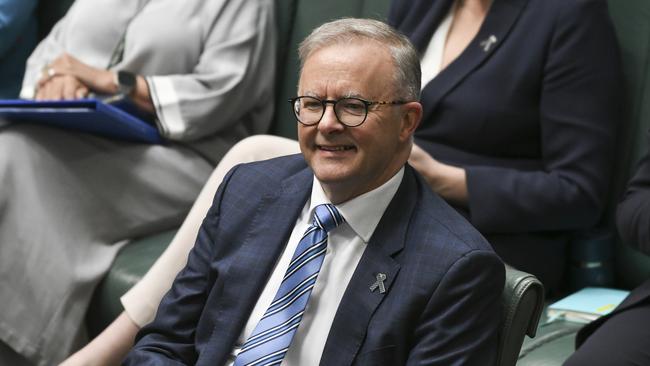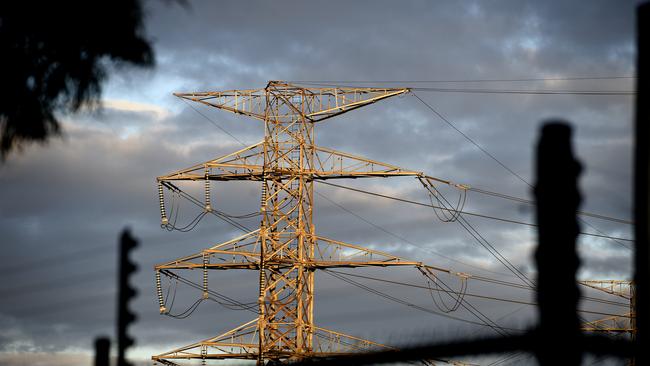Anthony Albanese’s power play to keep Aussies $230 better off
An unprecedented intervention will keep Aussie power bills from rising as much as 66 per cent, but there’s a key detail you may have missed.
Power bill blowouts will be eased dramatically after federal parliament agreed to impose a year-long price cap on coal and gas in a bid to keep households $230 better off than they otherwise would have been.
But it’s come with a warning that Australians will still face higher power bills, but the government’s emergency package – including an unprecedented market intervention – will save households and businesses from total crisis.
The crucial point Australians should note is that they will not receive a $230 rebate off their power bills – rather, the market intervention will mean the use of coal and gas will cost consumers less in their future power bills, which will average out to about $230.
In a special sitting on Thursday, the government’s emergency energy package sailed through both houses, with support from the Greens, David Pocock and Jacqui Lambie in the senate.
The legislation imposes a 12-month price cap of $12 a gigajoule on gas and $125 a tonne on coal.
The federal government will provide $1.5bn – to be matched by states and territories – on a relief package. It is yet to be distributed, but the discounts will be administered by state and territory governments from April in the form of reduced energy bills to curtail inflation.

Anthony Albanese said a direct rebate would exacerbate inflation, which in turn would prolong the energy crisis.
“This plan is a combination of immediate action but also future reform,” the Prime Minister told parliament.
“We need to act now to deal with this crisis to keep Australians in work, to support families, but also to … secure our energy future.”
It’s estimated the combination of the $12 per gigajoule cap on gas, the $125 per tonne cap on coal and the $3bn in bill assistance could ease inflation by 0.7 per cent – 0.5 per cent of which will come directly from the price caps.
The opposition has criticised Labor for its $230 figure when in the lead-up to the election it had promised to reduce bills by $275.
Labor says the war in Ukraine had brought about a global energy that could not have been anticipated.

In the October budget, Treasury had forecast electricity bills would jump by 20 per cent this financial year and 36 per cent the year after – a combined increase of 63 per cent.
The caps will stunt the growth to 23 per cent next year, but bills will still be 47 per cent higher over the two years.
Those eligible for the discounts will be better off by around an extra 10 per cent.
Gas bills, which were forecast to jump by 20 per cent this financial year and 20 per cent the year after, are now forecast to increase by 18 per cent this year and just 4 per cent next year.
Treasurer Jim Chalmers confirmed that the price cap would be reassessed in mid-2023.
Energy Minister Chris Bowen played down concerns that the price cap would have disastrous consequences for the gas industry.
“In 2021, 96 per cent of gas was sold for less than $12 a gigajoule. The average price was $9.20 – that was a fair price and the gas companies were not complaining,” Mr Bowen told parliament.
“They were making decent profits, and since then we’ve seen those prices skyrocket.
“This is Australian gas under Australian soil and Australian seas, and Australians have a right to a fair price.
“We respect the job of gas companies to maximise their profits. It’s our jobs to protect the Australian people and act in the national interest … We will not stand by and see (Australians) pay the price of Putin’s war in Ukraine.”
In exchange for their support of the legislation, the Greens have secured a package to aid low-income Australians and renters in transitioning away from gas to renewable electricity.
The Greens and the government alike say this will further alleviate power bill pressure in the years to come, as renewables are proven to be cheaper than gas or coal.


